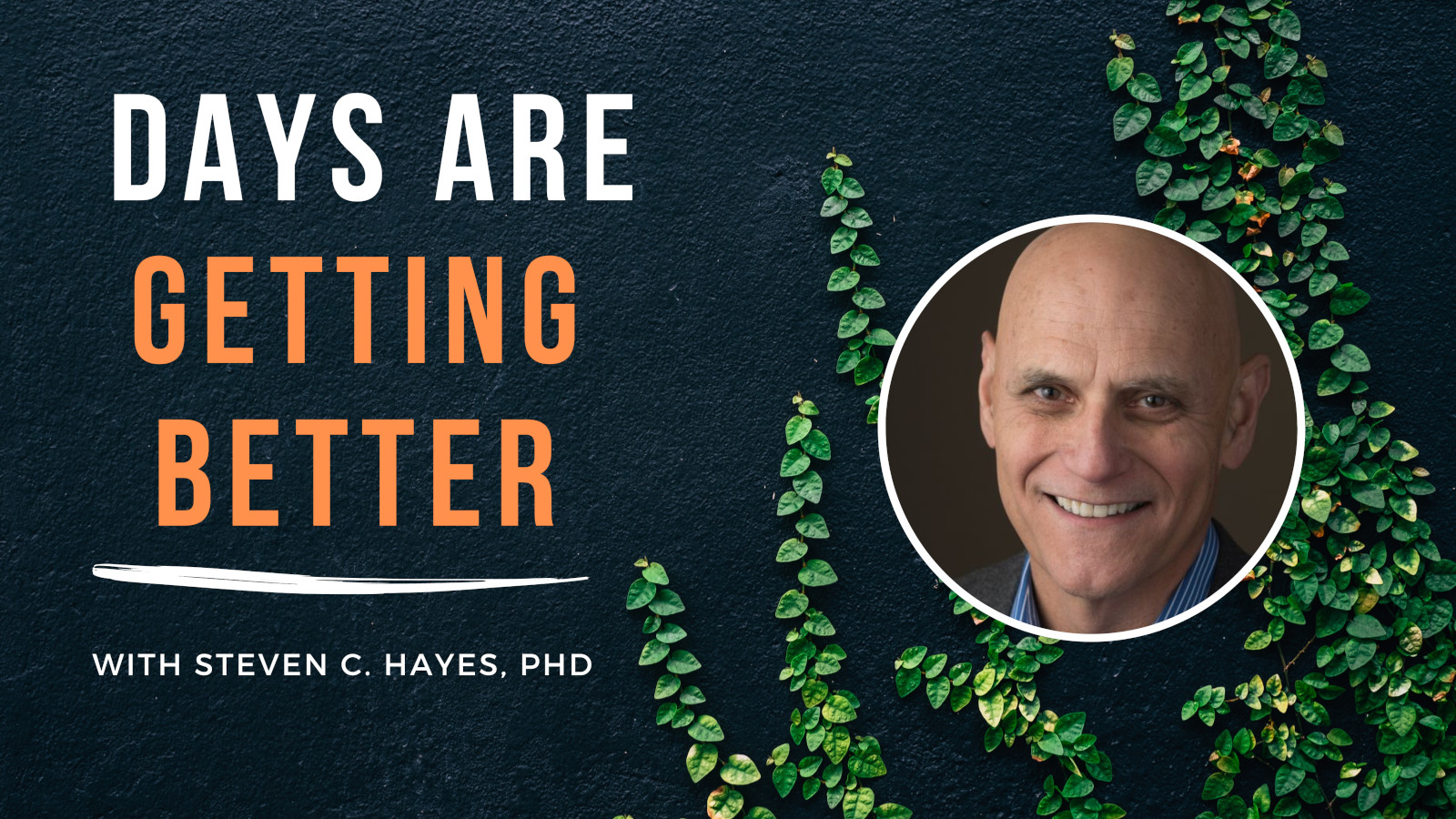We all yearn to belong to others. You can see it in infants who cry out for their mother. You can see it in teenagers who crave the attention and approval of their peers. And you can see it in lots of advertisements which hook their adult audience with promises of attracting the perfect partner (if only you would buy their product).
We all need to belong, and yet plenty of us are horribly bad at it. According to a recent poll, nearly half of all Americans often feel lonely, and struggle to build meaningful relationships. This is critical, because loneliness severely affects our health. As Dr. Claire Pomeroy wrote in the Scientific American, “Loneliness has been estimated to shorten a person’s life by 15 years, equivalent in impact to being obese or smoking 15 cigarettes per day.”
The struggle to belong is very real.
Why We Struggle to Belong
As our cognitive skills expand in childhood we start to treat ourselves and our deepest yearnings as a problem to be solved and we start acting as if there is a standard to fulfill before we can truly belong. We start believing we “have to be special enough” for belonging – good looking enough, smart enough, funny enough, popular enough … or needy enough – and so we create a false story about ourselves.
Like a person standing outside the entrance of an exclusive club trying to give the right password, we spin a story about ourselves in order to be admitted to belonging – except it’s a self-story so convincingly presented, we ourselves believe it.
The story could be an inflated sense of self-esteem. “I’m so great, you need me” we say, praying the door to belonging will open as a result. Or we try the low road and cry out “look how pathetic and needy I am! Surely, you must take me in!”, hoping to be admitted.
In either case, we have climbed into a mental clown suit of specialness, thinking specialness is what gets us to belonging.
Unfortunately, even if we succeed with this strategy, we end up losing. Even if people let us in, we end up feeling alienated and disconnected, precisely because we have just declared we are better (or worse) than the people we want to connect with. And sadly, that posture of entangled specialness tends to drive others away, proving our deepest fears to be true.
We become a concept unto ourselves, not a whole person. Like a person dying of thirst gulping down seawater, trying to create belonging by claims of specialness satisfies only for a moment before the emptiness and sense of alienation or disconnection returns worse than ever.
When this losing game can be shown for what it is, however, another possibility opens up: Abandon the game, and focus on the yearning itself.
How to Create True Belonging
In my new book A Liberated Mind, I show how we can satisfy the yearning to belong without relying on the clown suits of specialness. We can create a new sense of self, that inherently empowers conscious interconnection.
We can leave the limiting self-story about who we are behind, and open ourselves up to simply being here, connected by awareness itself to the awareness of others. And as we stop trying to squeeze ourselves into a self-made clown suit, we allow others to see more of our real selves, which incidentally fosters deep and meaningful relationship. We see the values and vulnerabilities of others and we begin to take the risk to share and to care.
Instead of trying to find the magic story that will allow one to enter into the group, we can open our eyes and realize we are already there, and have been ever since other human beings brought us into the group by teaching us to be aware.
When we stop trying to earn belonging by following the foolish dictates of the problem-solving mind – we can instead expand conscious awareness of ourselves and others to deepen the sense of belonging and interconnection that is already here, now.
Ultimately, I believe that all forms of psychological inflexibility are manifestations of mismanaged yearnings. That is the most important new lesson I walk through in A Liberated Mind and it is an important one, because it means that underneath our worst mistakes are the precise motivational allies that need to turn in a new direction.
Learning to notice these yearnings opens up an immediate and healthy alternative, as we pivot in the direction of their healthy satisfaction. This takes awareness, and it takes practice, but it’s without a doubt within your reach.
A liberated mind is not far away. It is just a hair’s width away – right on the other side of our own misery.







